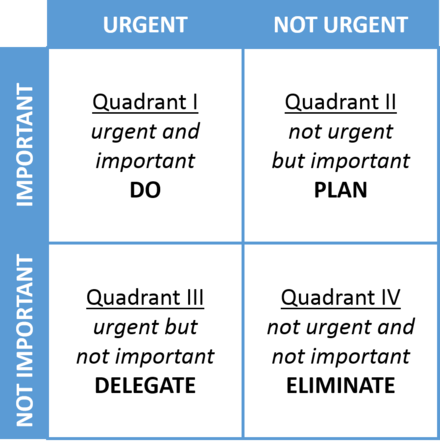Most of us agree that planning is important in our lives and professions. Why then do we fail to plan? The reason for this differs from person to person. There are six main types of people categorized based on their reasons for shying away from planning and particularly long term planning. Some people may fall into multiple categories. The six main types are:
1) I have achieved so much without planning: Some believe that planning is unnecessary because we have achieved reasonable success in our personal and professional lives without any conscious planning. Our self-esteem pats our own back. This thinking is out of our blindness to alternative outcomes. We are not aware of the alternative story of our life which could have unfolded had we adopted planning at each stage of our lives and professional careers. We undervalue our potential when we reconcile ourselves to the fact that we have achieved all that we were capable of. Your reasonable success sans planning means that you had a tremendous potential which is being wasted. If you could achieve so much without planning, you have the ability to achieve abundance with planning.
2) My Guru says ‘live in the moment’: Some people are influenced by the half baked philosophy of ‘living in the moment’. They come to a conclusion that planning is worrying about the future, and thus it is against the tenet - ‘live in the moment’. I feel so much compassion for these ill-guided souls. Let us realize that planning is not empty dreaming. It is not an act of a wandering mind. We plan with perfect awareness. We travel in time with our own free will and we are conscious of the fact. Thus, planning is very much ‘living in the moment’.
3) Future is unpredictable so planning is useless: Some people would say you cannot plan things too far because situations and circumstances change rapidly and unpredictably. The reason that situations and circumstances change is, in fact, one of the most important reasons for planning, not against it. We at least have the ‘sense of direction’ with planning. For example, if we want to travel by road from Mumbai to Delhi we plan our route. No doubt the traffic, vehicle breakdown, weather and other situations en route are unpredictable. We shall be well prepared to tackle them if we have planned well. This makes tackling the situations and circumstances motivating as well as stress-free. A plan is like a compass, you know where you are headed for and how to get there. You can thus focus and enjoy the journey.
4) I plan each day and it works: Some people do some short term planning and believe that to be everything about planning. Surely, planning is helpful in day to day matters to be efficient. These people are better than non-planners. These people also receive appreciation for their planned and systematic approach towards their work. But, they should carry their march ahead from short term planning to long term planning. Planning is not only about planning your day, but it is more so about planning your lives and professions with a long term perspective. If short term planning is about being efficient, long term planning is about being effective.
5) Planning is a waste of time: Some people are not able to see the big picture of life. On a larger scale, they are not able to recognize the importance of planning from a life perspective. We need to understand that we only live forward. Life does not come with rewind or retake button. Time gone is a portion of life gone. You can neither erase anything you have written on the page of time nor can you write on the pages left blank. Looking back on your life you can feel great, learn or regret. Planning is an effective way to reduce regrets. It is not that you will achieve everything you had planned for, but you will have the satisfaction of giving your best.
6) I am not a Management Person: Some are apprehensive about planning. They believe planning is a management technique which can be handled only with the help of a management consultant. But the fact is that planning is simple. The most difficult thing is to know what to plan for. For knowing what to plan for, you do not need a consultant. Except you, nobody knows what you want to achieve. Write down your dreams and goals. All you need is your own thought and thinking. Once you decide what you want to achieve, planning is a matter of common sense.
Love,
Mahendra Chaturmutha




